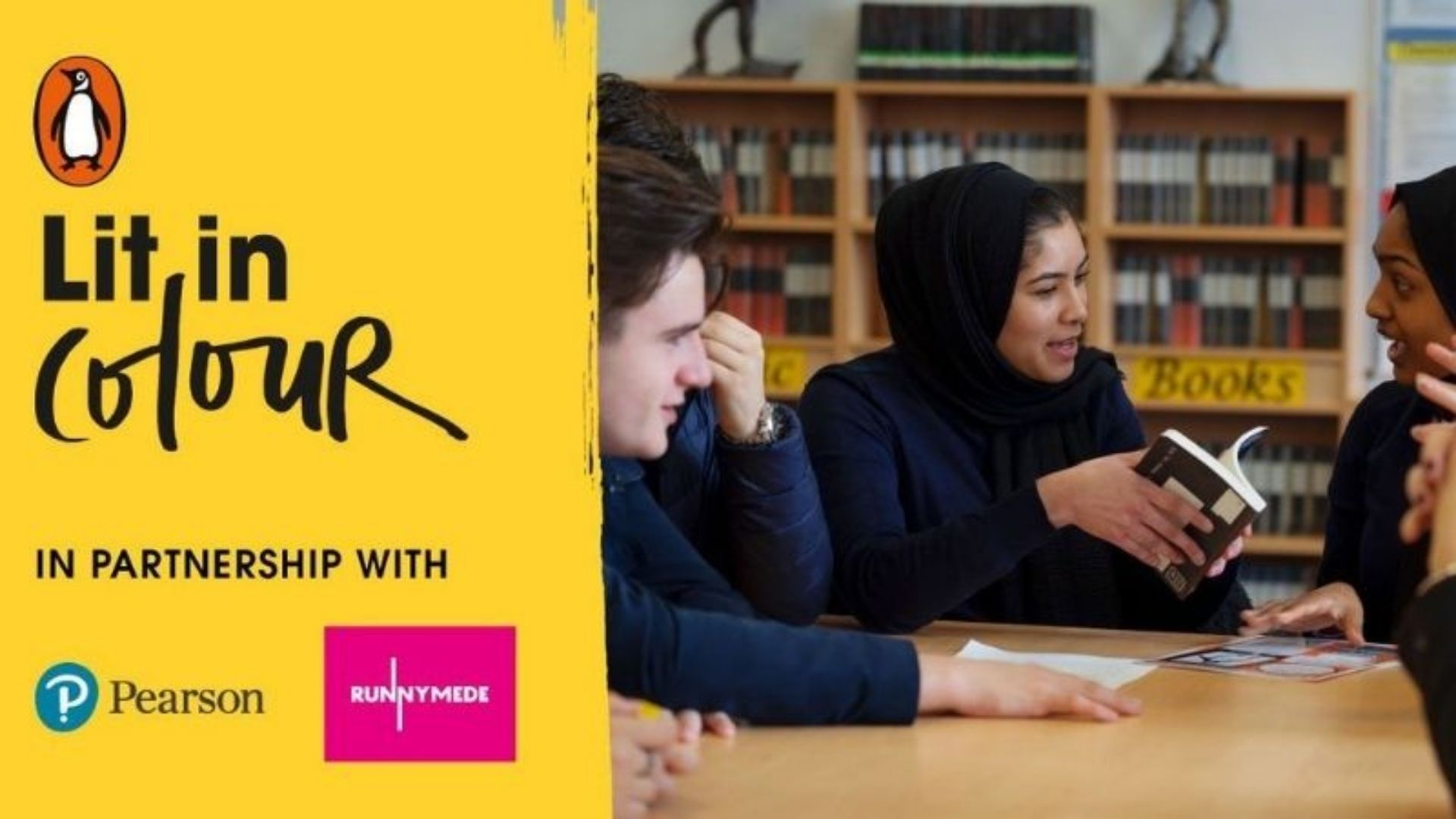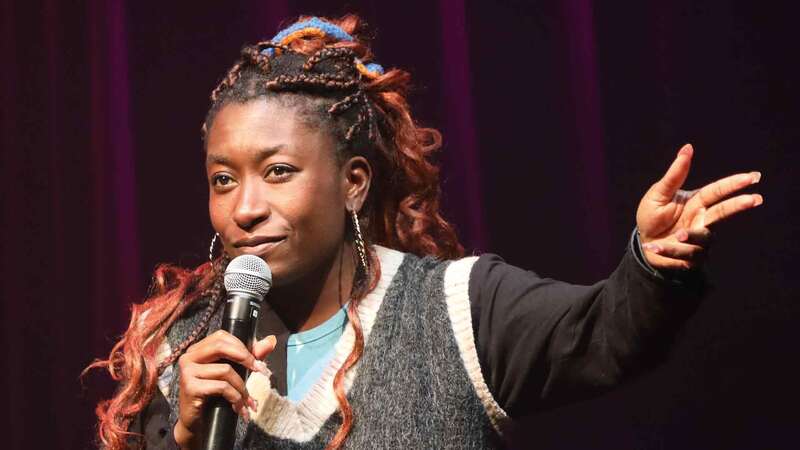You are viewing your 1 free article this month. Login to read more articles.
Diversifying school reading lists has 'life-changing' impact on pupils
A study commissioned by Pearson and Penguin Books into the impact of the Lit in Colour Pioneers pilot programme, which has provided secondary school students with access to books by Black, Asian and minority ethnic writers from a range of backgrounds since 2021, has shown that teaching texts by writers of colour can have a “life-changing impact on students”.
The research, entitled The effect of studying a text by an author of colour: the Lit in Colour Pioneers Pilot, was carried out by researchers at the University of Oxford’s Department of Education, and “shows a positive picture of how systemic change at assessment level is achievable through a targeted programme of support for schools”.
Since the pilot began, more than 250 schools and 29,000 students have been supported by the initiative, with targeted support provided by Penguin Books, Bloomsbury, HarperCollins, Hachette, Nick Hern Books, Serpent’s Tail and Conchord Theatricals Ltd.
The study found that Pearson Edexcel GCSE English Literature had more students answering texts by an author of colour in 2023 than there were in total across all four awarding bodies in 2019, and that the overall percentage of students answering on a text by an author of colour for GCSE in England has more than doubled from 0.7% in 2019 to 1.5 per cent in 2023. The authors say this change is “solely due to the change in the numbers of students answering on a text by an author of colour on Pearson Edexcel examinations”.
Examiners’ reports from 2022 and 2023 showed that students studying these texts achieved across the range of marks, including at the very highest levels. Furthermore, students reported being less bored in class after studying one of the Pioneers texts, and were more likely to report that they found the stories and characters in the books that they read relevant to their lives and community after reading the texts.
Speaking to researchers for the report, teachers described how set texts like Boys Don’t Cry by Malorie Blackman, and The Empress by Tanika Gupta “just kind of lit a fire in [students]” and “engaged students on a much deeper level because of [the] relevance to their own experiences”. Another was quoted as describing how students now understood that “their stories—as teenagers, as Black boys, as gay people, as sons and daughters, as friends, as siblings, as family—matter”.
Tom Weldon, chief executive of Penguin Random House UK, said of the findings: “We have always believed in the power of books, to not only make a difference for each individual reader, but in changing society for the better. This new research shows the beginning of real systemic change in our schools, and it is encouraging to see so many children excited to see themselves reflected in the books they study and, in turn, discover a love of reading.
“There is still much to be done to support diversity in the curriculum, and we are committed to working with our partners to drive real and meaningful change for readers of the future. We welcome the new government’s commitment to deliver ‘a curriculum which is rich and broad, inclusive and innovative’ and hope to work with them to deliver that in English applying the learnings from Lit in Colour.”
Lead researcher Victoria Elliott, associate professor of English and Literacy Education at University of Oxford, agreed the research marks “an important and exciting first step in finding out the effect of studying texts by authors of colour for students and their lives”.
“Evidence of positive impact is another crucial factor in making the case for change on a system level, but it also gives confidence to teachers and schools who are wondering whether to introduce these texts into their GCSE courses,” she said. Katy Lewis, head of English, Languages and Arts at Pearson said that “for the first time, we’re able to see tangible evidence that studying books by authors of colour has a positive impact on students across the country”.
“Greater levels of engagement, empathy and a sense of relevance are all incredibly promising steps forward, and testament to the great work being done by educators across the country. Our mission is to keep driving positive change with schools and our partners to create a truly inclusive, relevant and representative English Literature curriculum,” she said.
The research built on the 2021 Lit in Colour report, which looked in detail at the issues and challenges facing teachers looking to introduce new texts to students. These include a lack of time, budget and teaching resources, and little-to-no training on how to talk about race in the classroom (with only 12% of secondary and 13% of primary survey respondents having received teacher training in this area), or for approaching racist language in books. According to research conducted by Pearson ahead of the publisher’s launch of the second year of the Lit in Colour Pioneers programme with Penguin Random House, the majority of teachers want more diverse and representative texts to be incorporated into the English syllabus.



















